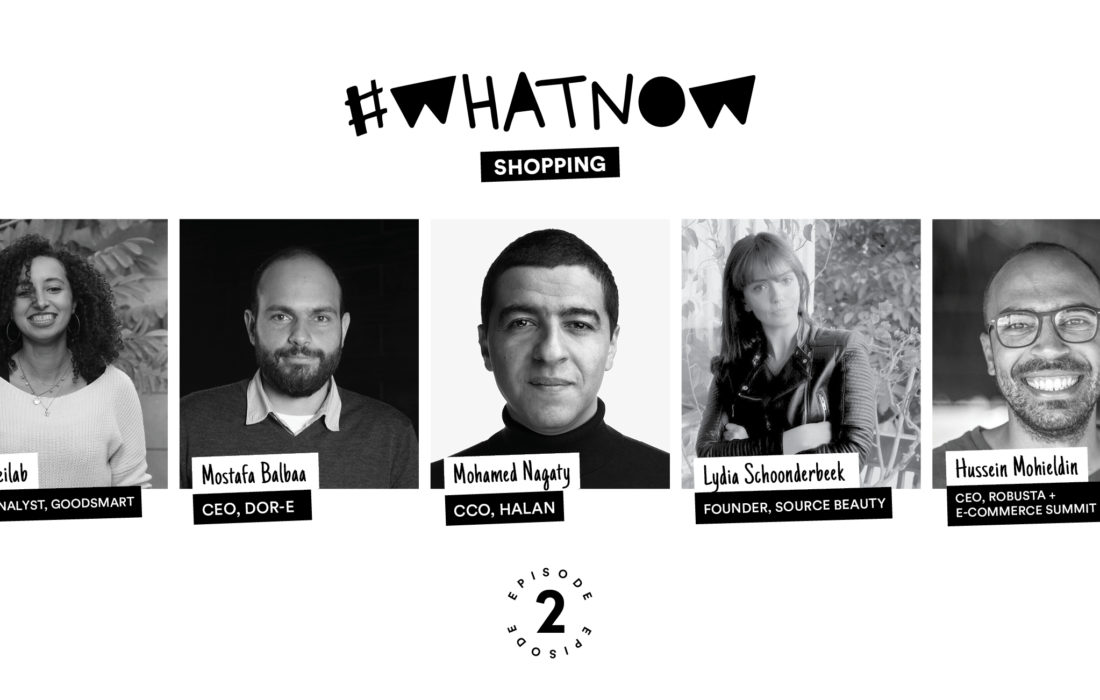Monzo is amongst four other UK challenger banks, focusing on services and features not offered by big banks. The online-only bank allows any UK resident over 16 to open a UK bank account in just 10 minutes.
Monzo was founded by Tom Blomfield, Jonas Huckestein, Jason Bates, Paul Rippon and Gary Dolman. The team had met whilst working at Starling Bank, also a UK challenger bank.
The company turned a lot of heads in its early days when it raised £1 million in crowdfunding in a record breaking 96 seconds, in February 2016. Now fast forward 4 years, Monzo has over 4 million users and is valued at £2 billion when it raised a £113 million Series F round from Y Combinator’s Continuation fund in 2019. It has been reported that Monzo is raising a £70-80 million top up round with a 40% cut in its valuation as a result of the negative effect of coronavirus on the company valuing the company at £1.25 billion.
What Makes Monzo Special?
Focused on a Millennial and Gen Z customer base, Monzo helps its users manage their money without ever stepping into a bank. The startup offers all kinds of features from transaction notification to instant payment reduction, always reflecting an accurate balance. Payments include geo-location and are tracked and categorized to ease budgeting. Customers are also notified when they are running out of money. Monzo, eases splitting payments and allows users to make payments instantly, even if the payees aren’t on Monzo.
Users can also take an overdraft for a daily 50p charge, a viable option, although not optimal for larger overdrafts. The app helps users save-up by setting goals, and personalizing saving up settings. Their product road map can be tracked on Trello. If users can’t find a feature they can customize it or discuss it with one of Monzo’s engineers. As a result, the company has built a community on social media and encourages bonding discussions with its users.
Monzo started out as a prepaid credit card that lets users take money out of overseas ATMs without any fees. It started offering current accounts, alongside its app in 2017. All cash withdrawals in the UK and payments are free, with no added fees. Withdrawing cash in the European Economic Area (EEA) is also free. However, it has since limited the withdrawal amount for other countries to £200 every 30 days. After that, Monzo charges 3%. Monzo has recently also launched business bank accounts.
Effect of COVID-19 on Monzo
Geared towards a younger, tech savvy, globe-trotting customer base Monzo has been negatively affected as a result of COVID-19. Albeit being an online-only bank without any physical branches, the virus has reduced customer card spend at home and (obviously) abroad, leading to significantly lesser revenue generation from interchange fees and ultimately negatively affecting the company. It is also worth noting that Monzo’s co-founder and UK CEO, Tom Blomfield, moved to the position of President, yesterday.
The move will allow Blomfield to focus on what he loves best, which is customer experience. Stepping into his stead is as UK and US CEO is US CEO Anil. He previously held exec roles at Visa, Standard Chartered Bank and Citi and brings a lot of experience in banking and financial services, which is essential in running a scale-up challenger bank like Monzo.
Fintech Now More Than Ever, Especially in the Middle East?
Fintech has been a hot topic globally for quite some time now. According to a report published by Toptal in 2019, the global fintech industry was valued at $127.66 billion in 2018, with a predicted annual growth rate of ~25% until 2022, to $309.98 billion.
In the MENA region specifically fintech has been growing rapidly with a compounded annual growth rate of 30%, according to a research report by the Milken Institute.
There are many obstacles to adoption of fintech in the MENA region including digital illiteracy, high regulation, and internet penetration. However, the global coronavirus crisis, which has resulted in social distancing and work from home measures has made the adoption of fintech necessary.
Before the outbreak of the virus, the sector was expected to pull in ~$2 billion in VC funding by 2020, with nearly 465 fintech companies benefiting from the investment, in comparison to 30 in 2017. While many fintech companies in the sector have been negatively affected due to a slower economy and a dwindling spending power, other fintech companies have a great opportunity to step in, fill multiple gaps, open up in new markets and win new customers. This is especially relevant in the Middle East where the digital infrastructure has a long way to go and the larger part of the population is unbanked.
If you see something out of place or would like to contribute to this story, check out our Ethics and Policy section.














